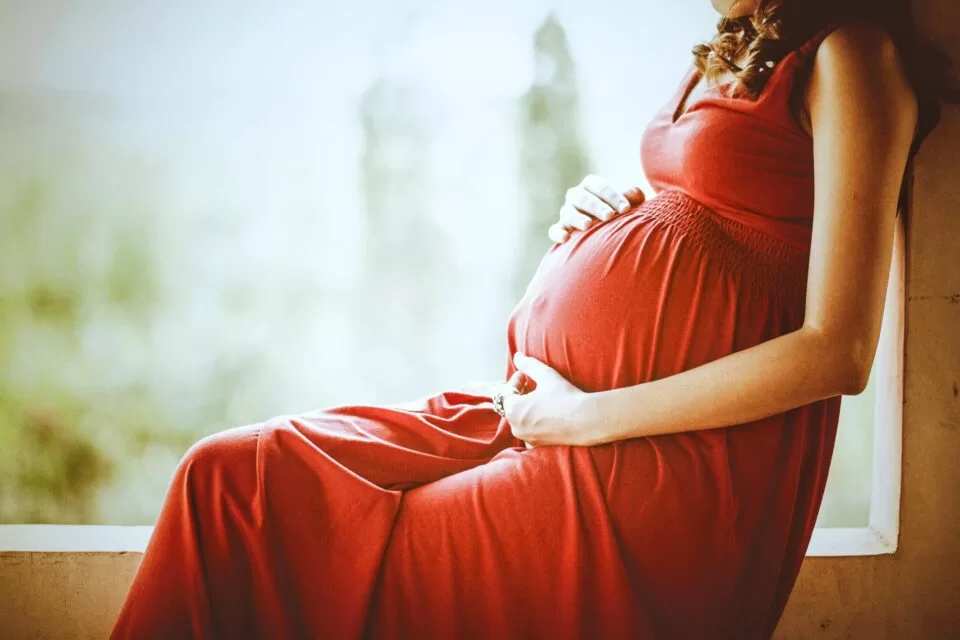In a recent study published in EClinicalMedicine, researchers explored the impact of acquiring SARS-CoV-2 infection during pregnancy on the development of post-acute sequelae of SARS-CoV-2 infection (PASC), commonly known as Long COVID. The study, conducted using data from the RECOVER Initiative Patient-Centered Clinical Research Network, examined outcomes in females aged 18-49 with lab-confirmed COVID-19 infections.
Background
Long COVID, characterized by persistent symptoms lasting beyond the acute phase of COVID-19, has raised significant health concerns worldwide. While its prevalence and impact are well-documented in the general population, its manifestation following infections during pregnancy remains understudied. Given the unique physiological changes and potential complications associated with pregnancy, understanding PASC in this context is crucial.
Study Methodology
The retrospective cohort study analyzed electronic health records from 19 U.S. health systems, covering approximately 10 million patients. It included 83,915 females who acquired SARS-CoV-2 infection outside of pregnancy and 5,397 who were infected during pregnancy between March 2020 and June 2022. The primary objective was to compare the incidence of PASC between these groups within 30 to 180 days post-infection.
Key Findings
The study revealed intriguing results regarding the incidence of PASC:
- Protective Effect: Females infected during pregnancy showed a lower incidence of PASC compared to those infected outside of pregnancy (25.5% vs. 33.9%).
- Symptom Variation: Pregnant individuals had lower rates of joint pain, sleep disorders, and cognitive problems associated with PASC but higher incidences of thromboembolism, abdominal pain, and abnormal heartbeat.
- Statistical Analysis: Various statistical approaches, including inverse probability weighting and propensity score matching, consistently supported these findings.
Conclusion
The findings suggest that while pregnancy may heighten risks for acute COVID-19 complications, it paradoxically appears to protect against the long-term sequelae of the infection. This protective effect highlights the need for further research to elucidate the underlying mechanisms and implications for clinical management.
This study underscores the complexity of COVID-19’s impact across different populations and emphasizes the importance of tailored healthcare strategies for pregnant individuals. Future studies could delve deeper into understanding the immunological and physiological factors contributing to these observed outcomes.
For more details, the study “Association between acquiring SARS-CoV-2 during pregnancy and post-acute sequelae of SARS-CoV-2 infection” can be accessed here.
Journal Reference: Ann M. Bruno, Chengxi Zang, Zhengxing Xu, et al. EClinicalMedicine (2024), DOI: 10.1016/j.eclinm.2024.102654












